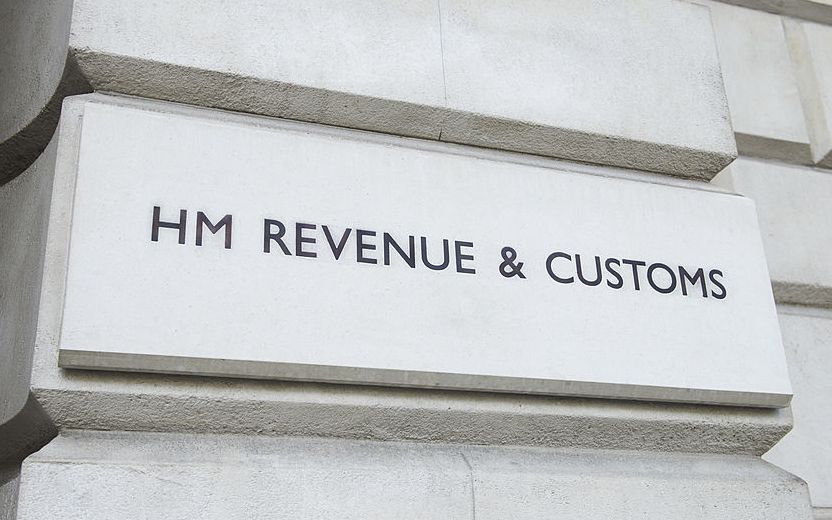Almost one million drivers (950,377) had their Direct Debits cancelled in the financial year 2021-22, an increase of 9% on the 862,529 on 2020-21. This is, however, still fewer than the 1.1m cancelled in 2019-20.
Perhaps even more concerning is that between April and December 2022, nearly three-quarters of a million (721,486) had their Direct Debits cancelled which, if this trend continues during the cost-of-living crisis until April 2023, could mean an even bigger total than the 2019-20 financial year.
Under current procedures, a missed payment, or an unpaid Direct Debit results in the DVLA contacting the vehicle keeper to inform them it will attempt a further Direct Debit on a specified date.
If this subsequently fails, the mandate is cancelled, and the owner is advised that the vehicle is not taxed. Failure to tax it another way will lead to the DVLA taking enforcement action.
So far this financial year, drivers overwhelmingly prefer to pay their vehicle tax monthly by Direct Debit, with 86% choosing to use this method. One-in-10 (10.46%) pay annually, with less than 4% paying every six months.
The trend towards drivers choosing to pay their vehicle tax monthly continues to grow – up 3% in the two years to the end of March 2022, while those paying every six months has fallen by 9% over the same period.
This perhaps demonstrates that more drivers are looking to spread their payments throughout the year to cope with big rises in household bills.
The amount drivers pay in vehicle excise duty varies considerably depending on the vehicle’s CO2 emissions and the year it was first registered*.
Those vehicles that were sold with a higher list price may also pay a duty premium between years two and five following registration, while those driving a pure electric vehicle are exempt from road tax completely until 2025 – though must still technically ‘tax’ their car for free.
RAC head of roads policy Nicholas Lyes said: “Spreading payments helps people budget when paying vehicle tax, so it’s very worrying that some are now struggling to do this.
“With recent RAC research revealing a worrying trend of drivers putting off repairs and cutting back on vehicle servicing because of household budget pressures, we are concerned the increase in the number of cancelled DVLA Direct Debits is part of a bigger picture of people struggling with the running costs of a vehicle.
“It’s important to realise that two consecutive failed Direct Debits from one bank account could lead to the DVLA removing that as a payment option.
“If drivers are struggling with payments, they should get in touch with the DVLA, particularly if the agency has already contacted them.
“Ignoring the problem carries an £80 fine, along back the outstanding tax. And those who don’t do this risk their vehicles being clamped or crushed.
“While spreading vehicle tax costs can be appealing from a budgeting point of view, drivers should also be aware they will end up paying more if they choose monthly or six-monthly payments than they would if they paid in one go annually.”

Complete peace of mind for less
• Cheaper than AA Price Promise or your money back^
• We get to most breakdowns in 60 mins or less
• Our patrols fix 4/5 breakdowns on the spot











